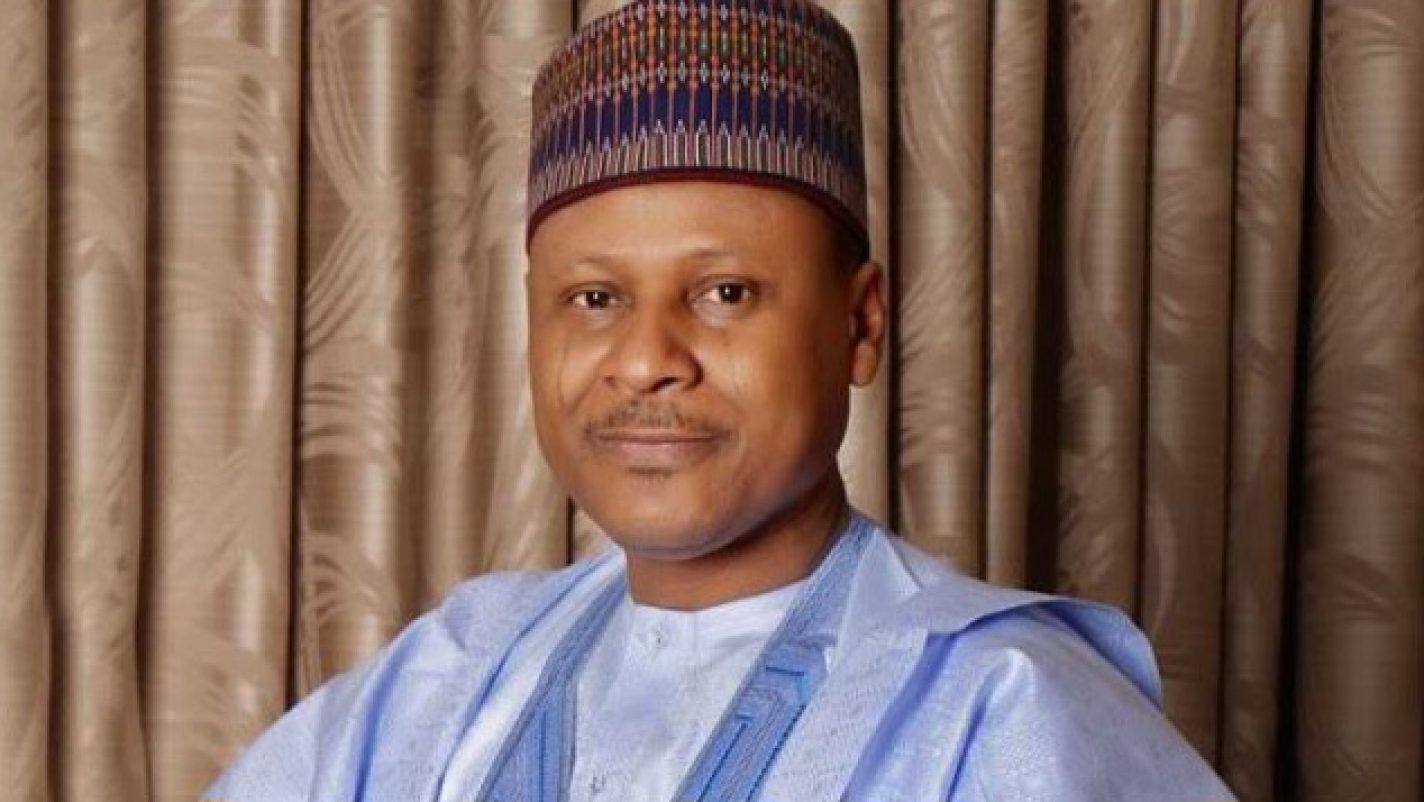
The minister also said under the revised electricity supply scheme, 85 per cent of the population still receives subsidies, ensuring equitable distribution.
The Minister said this in a statement signed by his media aide Rabiu Ibrahim, on Saturday.
In March the Nigerian Electricity Regulatory Commission ordered the immediate upward review of electricity tariffs from April 3, 2024.
The NERC Vice Chairman, Musiliu Oseni, had explained that only electricity customers on the Band A tariff plan would be affected by the increase.
Oseni also said those affected would pay N225 per kilowatt-hour, up from the previous rate of N68/kWh, representing about a 240 per cent increase.
He noted that the increase would not affect Bands B, C, D, and E.
In a document on issues around the tariff hike, from the Federal Ministry of Power on Wednesday, which was made available by the media aide to the power minister, Bolaji Tunji, the government said it would save N1.5tn with the recent tariff adjustment.
“FG to save N1.5tn with tariff adjustment. FG still subsidising Bands below A. Pricing change will help improve liquidity to the NESI (Nigeria Electricity Supply Industry).
“Discos will be sanctioned for supplying less than 20 hours to Band A consumers,” it said.
Addressing an audience on Radio Nigeria Kaduna’s interactive program ‘Hannu Da Yawa’ on Saturday, Idris highlighted that the current subsidy disproportionately benefits affluent individuals and industrial clusters, neglecting the majority of electricity consumers.
“It is essential to emphasise that the funds to be saved from the withdrawal of electricity subsidy will be reinvested in enhancing power supply across the country and improving other vital social services such as health and education”, he said.
Idris credited the strengthened governance framework of the NERC empowered by the new Electricity Act signed by President Tinubu, to enforce strict penalties on electricity distributors for billing irregularities.
Regarding post-fuel subsidy initiatives, Idris assured the continuation of the N100 billion CNG bus supply program, aiming to reduce transportation costs through widespread CNG vehicle conversions.
He also highlighted the imminent revival of the National Social Investment Programme, including Conditional Cash Transfers to 15 million vulnerable households.





